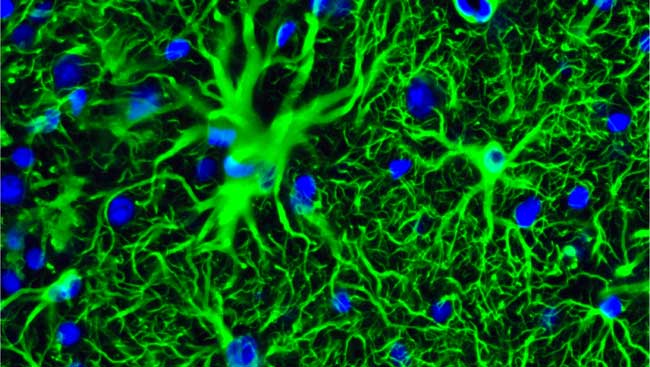Efforts to enhance scientific rigor, reproducibility, and robustness critically depend on archiving and retrieving experimental records, protocols, primary data, and subsequent analyses. In this webinar — the fourth in SfN’s Promoting Awareness and Knowledge to Enhance Scientific Rigor in Neuroscience series — presenters will discuss best practices and challenges for data management and reporting, particularly when dealing with information security and sensitive material; archiving and disclosure of pre- and post- hoc data analytics; and data management on multi-disciplinary teams that include collaborators around the globe. They will focus on practical solutions to real world problems encountered by PIs, students, and postdocs, and the implications for grant agencies and publishers.
This training module is supported by Grant Number 1R25DA041326-01 from the National Institute on Drug Abuse (NIDA). The original contents of this module are solely the responsibility of SfN and do not necessarily reflect the official views of NIDA.
Speakers
Rita Balice-Gordon, PhD
Rita Balice-Gordon, PhD, is the head of neuroscience research at Sanofi Genzyme. She leads teams of scientists prosecuting targets relevant to neurodegeneration, neuroinflammation, and central nervous system rare disease. Balice-Gordon is on the National Institute of Child Health and Human Development Board of Scientific Councilors and SfN’s Government and Public Affairs Committee, and she was elected as a fellow of the American Association for the Advancement of Science (AAAS) in 2015. She earned her BA in biological sciences from Northwestern University and PhD in neurobiology from the University of Texas at Austin.
Elizabeth Buffalo, PhD
Elizabeth Buffalo, PhD, is a professor of physiology and biophysics at the University of Washington and serves as the chief of the neuroscience division at the Washington National Primate Research Center. Her research is aimed at contributing to our understanding of the neural mechanisms that support learning and memory. These studies are carried out with the goal of developing new treatment options and better methods of diagnosis for patients with diseases that impair memory, including temporal lobe epilepsy, depression, schizophrenia, and Alzheimer’s disease. Buffalo completed her BA in philosophy from Wellesley College, PhD in neuroscience from the University of California, San Diego, and postdoctoral fellowship in the laboratory of neuropsychology at the National Institute of Mental Health.
Katja Brose, PhD
Katja Brose, PhD, is the inaugural science program officer at the Chan-Zuckerberg Science Initiative, where she contributes to the Initiative’s ambitious mission of accelerating basic science research to cure, prevent, or manage all diseases by the end of the 21st century. Previously, Brose served as the executive editor of the neuroscience portfolio at Cell Press and editor of Neuron where she represented the journal within the scientific community and was responsible for all aspects of the journal’s management, operations, and strategic vision. Brose earned her PhD in biochemistry from the University of California, San Francisco, researching on axon guidance mechanisms in the developing spinal cord. She speaks frequently on topics related to scientific communication and the future of neuroscience research and training. Brose is a member of SfN’s Neuroscience Training Committee.








